Inflammatory Bowel Disease (IBD)
If you have had persistent symptoms of diarrhoea, bleeding from the bottom or abdominal pain you may have inflammation of the bowel called colitis, and you should see an expert.
What is IBD?
Inflammatory Bowel Disease is a collective term to describe two inflammatory conditions that affect the gut: Ulcerative Colitis and Crohn’s Disease. In ulcerative colitis, only the large intestine (colon) is affected. In Crohn’s disease, any part of the gut from the mouth to the back passage can be affected. The most common disease site for Crohn’s disease is the end of the small bowel (terminal ileum), but other parts of the small bowel, the colon and the back passage can also be affected. IBD affects about 1 in 200 people in the UK.
What causes IBD?
We don’t know exactly what causes Crohn’s disease, but research suggests that an individual’s genes, their immune system and how these interact with certain environmental factors all contribute to developing IBD.
What are the symptoms of IBD?
Symptoms of ulcerative colitis are diarrhoea, blood in the stool, abdominal pain, bloating, weight loss and tiredness. The symptoms of Crohn’s disease can be quite variable depending on which part of the gut is affected. Commonly, people experience cramping abdominal pain (often several hours after eating), bloating, diarrhoea, blood in the stool, weight loss and tiredness. When Crohn’s disease affects the back passage (perianal Crohn’s disease), people often develop abscesses (collections of pus) close to the back passage, sores around the anus, rectal bleeding and pain on sitting. Sometimes, people can also experience a blockage of the bowel, with cramping abdominal pain, bloating, distension of the abdomen and vomiting.
How is IBD diagnosed?
IBD is diagnosed by a combination of taking a careful history, diagnostic imaging (eg. ultrasound, MRI or CT scans), and endoscopy, where images and biopsies of the lining of the bowel are taken and then examined under the microscope.
How is IBD treated?
IBD is treated in a stepwise fashion. First, simple anti-inflammatory medication such as aminosalycilates (eg. mesalazine) are given, sometimes short courses of steroids are added in. In ulcerative colitis, these medications can also be given as enemas or suppositories. If these fail to calm down the inflammation, stronger drugs are commenced that suppress the body’s immune response. These are called immunomodulators (azathioprine, 6-mercaptopurine, methotrexate). Regular monitoring of white blood cell and liver function is required with these drugs. If the response is still insufficient, targeted antibody therapy is commenced with a class of drugs called biologicals. These block the activity of cytokines (infliximab, adalimumab, golimumab, certolizumab, ustekinumab) or block white blood cells from moving into the gut (vedolizumab). They can be very expensive (up to £15,000 per year of treatment) and special monitoring of antibody levels and the patient’s general health may be required.
Surgery for IBD (Crohn’s disease or ulcerative colitis)
Sometimes, surgery is required. This tends to happen in five distinct scenarios.
In the first, the inflammation progresses very rapidly (acute severe ulcerative colitis) and even intensive inpatient drug therapy fails to control the inflammation. The colon then needs to be removed surgically to prevent the inflammation from becoming life-threatening and a small bowel stoma (ileostomy) needs to be made. Fortunately, this is relatively rare. At a later stage, the end of the small bowel can be formed into a substitute back passage (an ‘ileal pouch’), and this can be reconnected to the back passage (‘ileoanal pouch procedure’ or ‘ileal pouch anal anastomosis’).
In the second scenario, patients with Crohn’s disease develop complications such as fistulation, abscess or narrowing of the bowel (stenosis) and an operation is required to remove the diseased segment of bowel and clear out the adjacent abscess.
In the third, the disease fails to respond adequately to medical treatment over a long period of time, and the bowel needs to be rested with a stoma (called a ‘defunctioning’ ileostomy or colostomy) above the diseased segment, which often helps to calm down the inflammation. If this does not achieve adequate control of the disease, surgical removal of the diseased bowel is sometimes required to eliminate (or ‘ablate’) the disease completely.
In the fourth, people develop a pre-cancerous change in the bowel lining (called ‘dysplasia’), usually after at least ten years of disease activity, and removal of the colon is required to prevent the development of bowel cancer.
Finally, in perianal Crohn’s disease, tunnels called fistulas form between the inside of the back passage and the skin around the anus. These lead to recurrent abscesses and specialised operations are required to deal with the fistulas.
Further Information:
Crohn’s and Colitis UK:
https://www.crohnsandcolitis.org.uk/
British Society for Gastroenterology IBD Hub:
https://www.bsg.org.uk/medical-interest/ibd/


